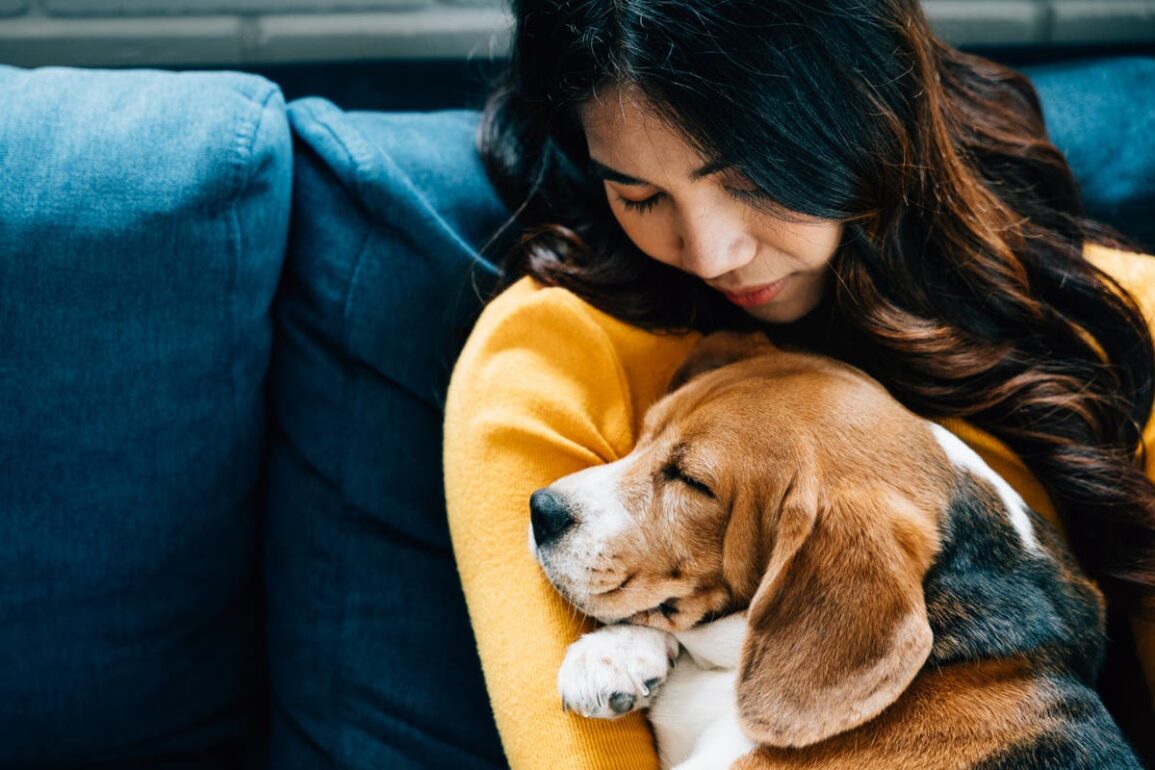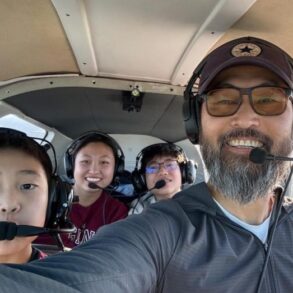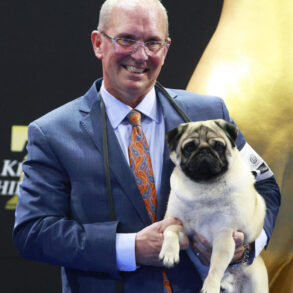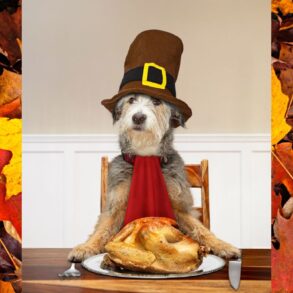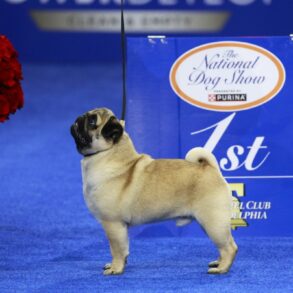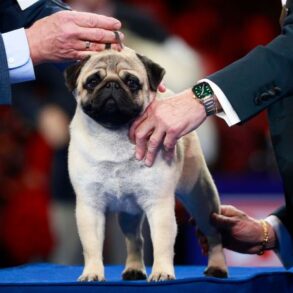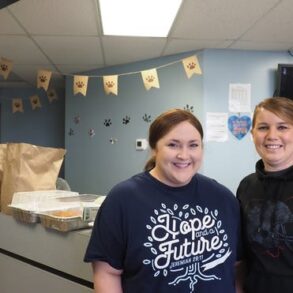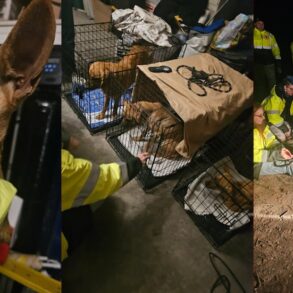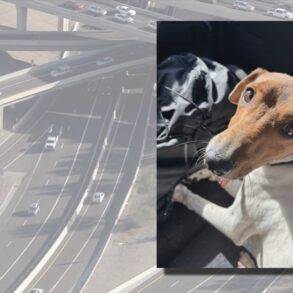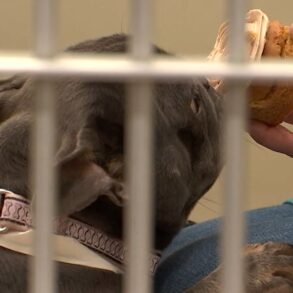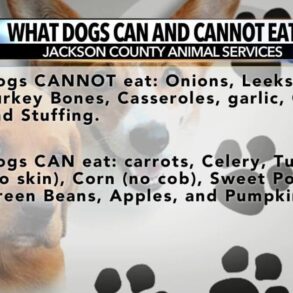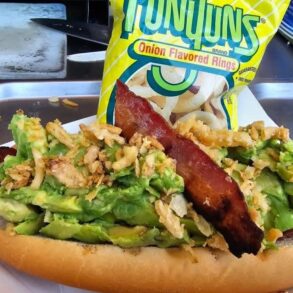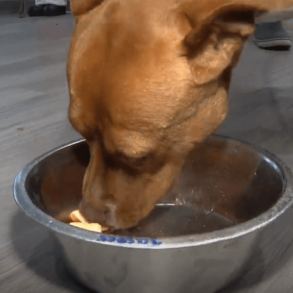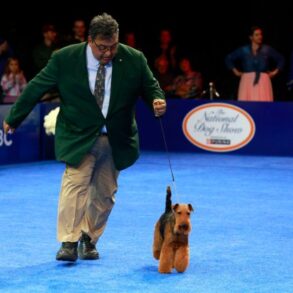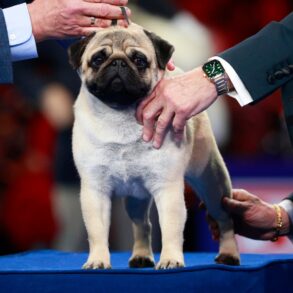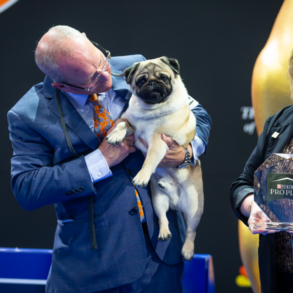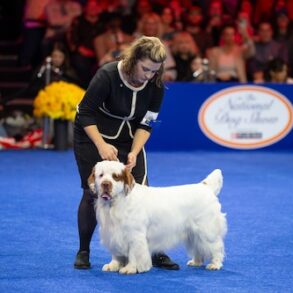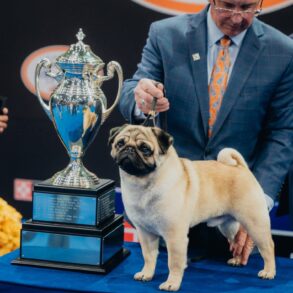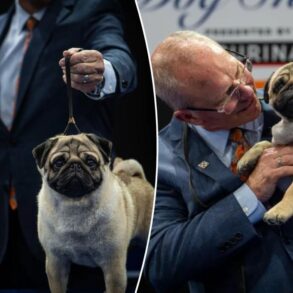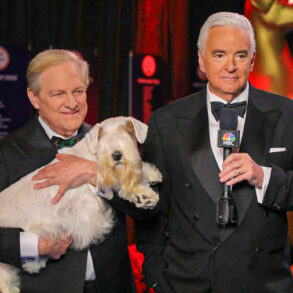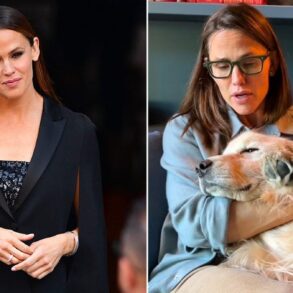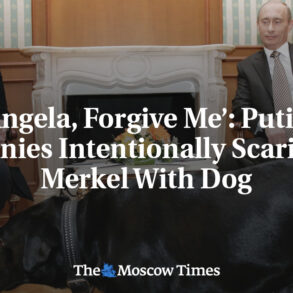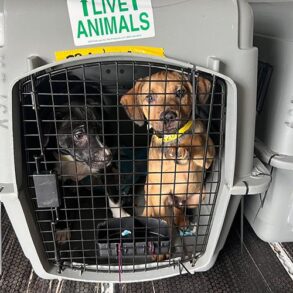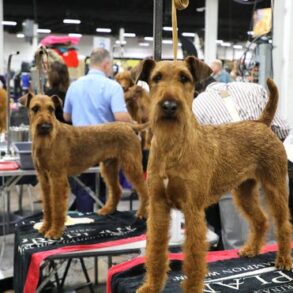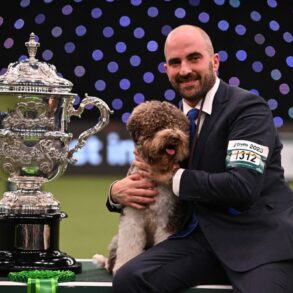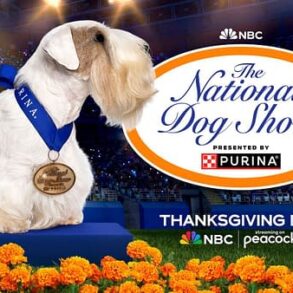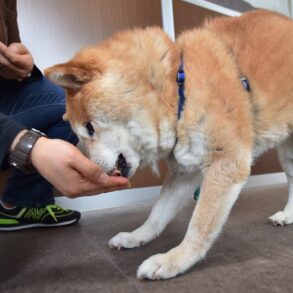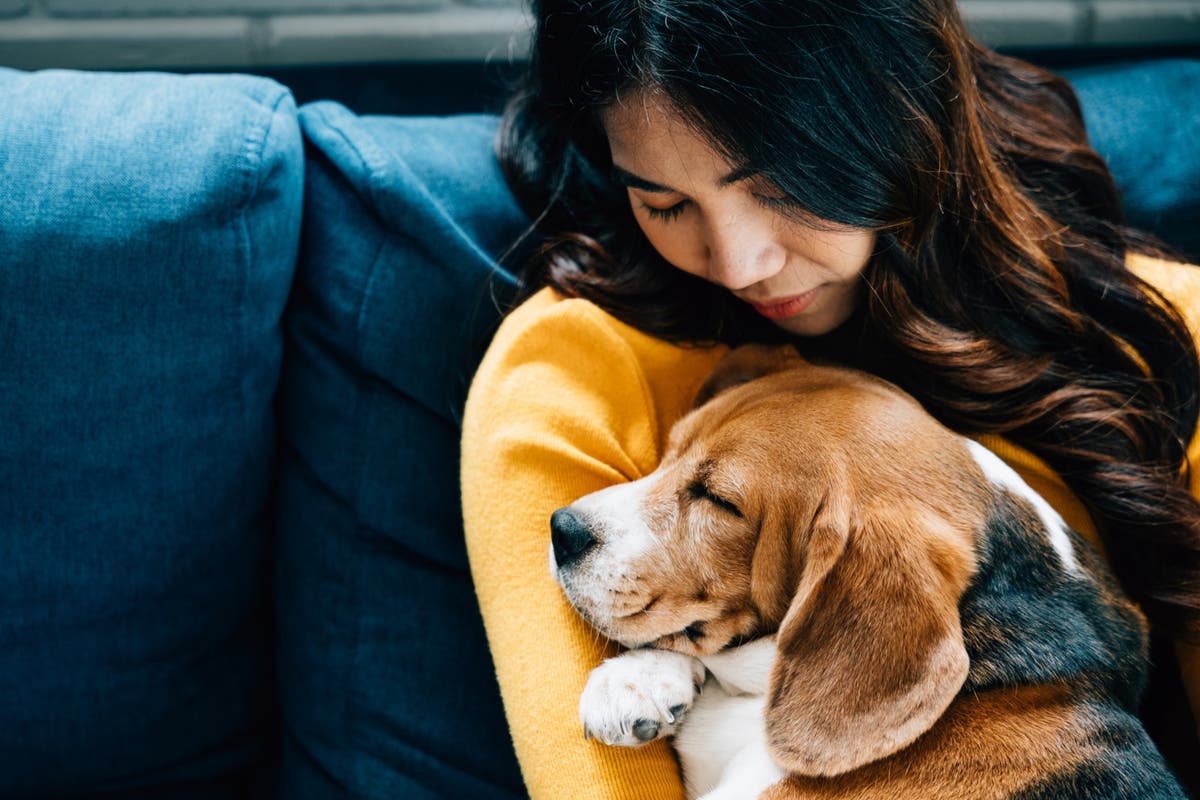
Your support helps us to tell the story
From reproductive rights to climate change to Big Tech, The Independent is on the ground when the story is developing. Whether it’s investigating the financials of Elon Musk’s pro-Trump PAC or producing our latest documentary, ‘The A Word’, which shines a light on the American women fighting for reproductive rights, we know how important it is to parse out the facts from the messaging.
At such a critical moment in US history, we need reporters on the ground. Your donation allows us to keep sending journalists to speak to both sides of the story.
The Independent is trusted by Americans across the entire political spectrum. And unlike many other quality news outlets, we choose not to lock Americans out of our reporting and analysis with paywalls. We believe quality journalism should be available to everyone, paid for by those who can afford it.
Your support makes all the difference.
I’m just not good enough for my dog. I don’t cuddle him enough. He’s bored. He doesn’t get walked enough. Should he be on a raw food diet? Taking supplements? Wearing a quilted Barbour jacket? God knows. It’s a minefield.
I worry he’s not getting enough “me” time. And why do all the other golden retrievers look so silky and well-groomed on Instagram, when Muggles looks like a sheep that got stuck in a hedgerow? I’ve failed him – my darling dog, to whom I once sung lullabies as a puppy, and who slept with me every night in my bed with his paw on my arm – until I had my children, Lola, now eight, and Liberty, six. It eats away at me – daily.
I’m suffering from “dog guilt”, which, I’ve discovered, is as common as “mum guilt”. It’s a condition that screams we’ve not done enough, or not done things right, for our dogs. And the reason, it seems, that I suffer from it to such a ridiculous degree is because I apparently fall into what has been classed as the “dog parent”, one of three categories all dog owners fall into – according to scientists at Eötvös Loránd University in Hungary. A new study published in the journal Scientific Reports reveals that “dog parents”, who make up 54 per cent of dog owners, regard their dog as a pseudo-child with whom they can have a close, human-like bond.
This is in contrast to other dog owners, whose relationship with their pet is a little more practical. The “friendly colleague” owners treat their dog like a co-worker and security guard, while the “companion” owner is content for their dog to sit at their feet while they sip tea at home – in short, they see their pet’s role as merely to keep them company.
I’m in good company as a “dog parent” though. The group includes several celebrity owners, including Paris Hilton, who once built her dogs a dog-sized replica of her own house, and Emilia Clarke, who baked her dachshund Ted a very tasty cake to celebrate his second birthday and posted it on Instagram. And certainly for me, the psychology rings true: from the very first day I got Muggles, wrapped him a baby blanket and held him tight in my arms, I knew on some level that he was a surrogate child, even if I’d ostensibly got him as a therapy dog for my partner, who was suffering from depression. I was longing for a baby at the time – and going through IVF to try to make it happen.
All the same, while I was shopping for different-sized dog bowls and picking up a few cuddly toys for him, it did dawn on me that this was totally bonkers. Britain has always been a nation of pet lovers, of course, but not to this degree. These days we no longer visit pet shops, but pet boutiques. Those so inclined can send their dogs on a spa day, with a blueberry facial and ultrasonic teeth cleaning. They can even give them freshly cooked meals at places like the dog café at Love My Human on the King’s Road.
I’m somebody who gives my dog a steak on his birthday, so for him to have ill health because of my actions felt unbearable
“These [owners] don’t give their dogs anything that contains microplastic or artificial dyes – they want everything organic,” says founder Jenny Matthews. Matthews created her company in 2018, when the luxury dog market exploded in the UK, and thinks that this American-style excessive cosseting of our pets isn’t anything new. “Many dog owners have always secretly treated their dogs like children, but never felt like they could admit to it, and there has been nothing on the market to indulge their dog until relatively recently in the UK,” she says.
There are approximately 13.5 million pet dogs in the UK, with 36 per cent of households owning a dog. You only have to look at the late Queen Elizabeth’s relationship with her Corgis to understand how deeply our bond with our pets is ingrained within the national psyche. The Queen gave each of her corgis their own stocking at Christmas, which she would fill herself. At night they would sleep in a special “corgi room” in raised wicker baskets lined with cushions to keep draughts away. Pampering dogs has been a habit of the aristocracy since the 1700s: Marie Antoinette allowed hers to sleep in elaborate kennels that resembled a miniature canopy bed, in matching decor.
Yet while it may be relatively normal for dog owners to over-identify with their pets, the level to which increasing numbers of ordinary people are prepared to go is not. Moreover, it’s only been fairly recently that owners have begun admitting that they suffer from “dog guilt”.
Kim Bush, 48, a hair colourist for a top London salon, felt so guilty about leaving behind Bale, a Jack Chi – a cross between a Jack Russell and a Chihuahua – when she went to work, that she set up cameras in her home. But it only made her feel worse. “I’d be checking the cameras constantly – and feel guilt as I saw him lying on the bed in a different position every time I looked. It made my heart break,” says Bush. “Sometimes I’d just see him staring at nothing. I just felt like the worst parent in the world.”
Bush, who doesn’t have children but is in a relationship, tried sending Bale to doggy daycare with a freshly cooked packed lunch of seasoned chicken, carrots and rice, but then decided to keep him at home, with a dog walker taking him out twice a day. Bush admits to treating Bale like a baby – she used to make him chicken soup if he got a cold, and dress him in jackets and jumpers, even little socks in the house when it was chilly. And she knows that she overcompensated as a result of the guilt she felt at leaving him.
She even considered giving up her job to become a dog walker. After she first returned to work after lockdown, Bale was shaking so much that she took him to the emergency vet, who told her he was dehydrated and stressed – which made her feel terrible. “I’m somebody who gives my dog a steak on his birthday,” she says, “so for him to have ill health because of my actions felt unbearable.”
It’s easy to assume that it’s largely childless women who over-empathise with dogs as some sort of outlet for their maternal instincts. But I also see this behaviour in many dog owners who do have children – mostly women, but also men.
Dr Ellie Lee, a professor of family and parenting research at the University of Kent, says the phenomenon of “mum guilt” has gathered pace since the 1970s, and that women are biologically hardwired to feel guilt. “On top of that,” she says, “we have layers of cultural messages telling us that everything we do will change our child for life.” This is true: the hottest childcare topics at the moment include the evils of front-facing buggies. “Clearly, parenting expectations have got out of all proportion, and it’s highly possible that people read this across into dogs. Maybe the confusions our culture has generated have got to a point where dog owners think dogs are like children, and find it hard to know how and where to draw lines that need to be drawn.”
We are seeing dogs dressed up in clothes, entering fashion shows, getting ‘puppaccinos’ and writing about their ‘hooman parents’ on social media
You don’t have to look far to find a survey that inadvertently expresses this confusion, while also lending it a pseudo-scientific credibility. One recent study of dog owners in the UK and the US has discovered that the parenting styles individuals experienced in childhood are linked to how they treat their dogs as adults. I grew up with “permissive parenting”, so this means I am likely to develop more of a humanistic, free-floating bond with Muggles. Somebody who had “authoritative parenting” is more likely to prioritise obedience.
Yet there are others who think it’s gone too far. “I do have concerns about the changing landscape of the dog-owner relationship,” says Dr Nicky Shaw, a clinical animal behaviourist and trainer at Chelsea Canines. While she argues that a degree of anthropomorphism can be beneficial, allowing us to recognise emotions in our pets such as “fear, anxiety, happiness and excitement”, and thus better care for them, we are now in danger of overdiagnosing. “This is very dangerous territory to be navigating,” she says. “It results in the type of miscommunication I see between dogs and owners time and again in practice.”
Worse still, she says, is that the industry is taking advantage. “We are seeing dogs dressed up in clothes, entering fashion shows, getting ‘puppaccinos’ and writing about their ‘hooman parents’ on social media,” she says. “It is bewildering. Dogs have remarkable skills and traits bred over thousands of years, and these should be encouraged by owners providing appropriate outlets for them. Treating dogs like dogs and not babying them is probably the best way to alleviate any type of dog guilt.”
Roger Mugford, a leading animal behavioural specialist, agrees: “The simple change in terminology, from dog owner to dog parent, gives insight into the rapidly evolving relationship between a dog and a human,” he says. Mugford deals with plenty of dogs who do suffer from separation anxiety, which can stem from trauma or neglect by their owner. But he also stresses that most dogs are fine left for half a day on their own.
Muggles, I realise, is just fine – as are my children. I’m not going to project all this anxiety onto my dog just because he’s doe-eyed with big fluffy ears. Sure I could probably make improvements, but it’s time to let go of the idea of the perfect dog parent.
This post was originally published on this site be sure to check out more of their content.




